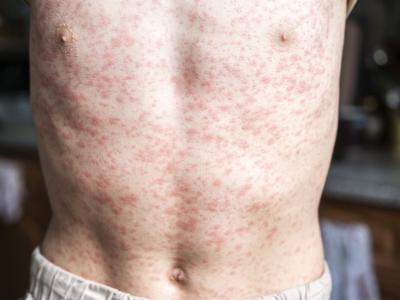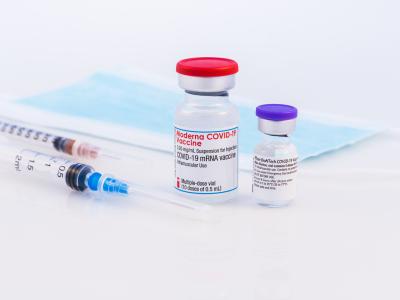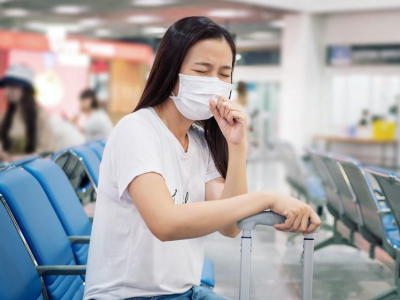Children who tested positive for COVID-19 in 2022 were contagious for a median of 3 days, regardless of vaccination status, suggesting that 5-day school isolation policies are sufficient amid Omicron variant predominance, University of Southern California (USC) and Stanford University researchers report today in JAMA Pediatrics.
The study included 76 children aged 7 to 18 years infected with SARS-CoV-2 in Los Angeles County from April to September 2022. The researchers obtained throat swabs for culture and recorded demographic information and COVID-19 vaccination status during five visits to the children's homes over 10 days. The samples were examined in a lab for evidence of cell death, a sign of viral infectivity.
The researchers noted that a previous study found that nose-throat swabs from children diagnosed as having COVID-19 were half as likely to contain culturable virus than those from adults but that none had assessed viral shedding of the Omicron variant among children over time.
"COVID-19 quarantine and self-isolation policies continue to interrupt education," the study authors wrote. "These policies, while typically more stringent than for routine viral illnesses, are guided by few data."
5 days 'more than sufficient'
Of the 76 participants, 52 (68.4%) were vaccinated, 41 (55.4%) were aged 7 to 12 years, and 38 (50.0%) were boys. The median duration of infectivity was 3 days, regardless of COVID-19 primary or booster vaccination status. Fourteen children (18.4%) were still infectious on day 5 and 3 (3.9%) remained so on day 10. A sensitivity analysis that used the date of symptom onset as the origin of observation produced similar results.
The authors said that school policies requiring students with COVID-19 stay at home for 5 days are probably appropriate and that return-to-school policies may not need to consider vaccination or booster status.
We want to protect the other children in the school who could potentially get infected, but at the same time, we don't want to disrupt education for the child who is infected, given the amount of disruption that's already happened.
"We're basically saying five days is more than sufficient; public-health and education leaders may consider shorter durations," coauthor Neeraj Sood, PhD, director of the COVID-19 Initiative and a senior fellow at the USC Schaeffer Center, said in a USC news release.
"We want to protect the other children in the school who could potentially get infected, but at the same time, we don't want to disrupt education for the child who is infected, given the amount of disruption that's already happened," he added.
Sood said future research is needed to enable policymakers to adjust school COVID-19 isolation policies as needed. "The virus will keep mutating," he said. "We need to continue doing studies like this because the next variant may have a longer or shorter duration of infectivity."



















